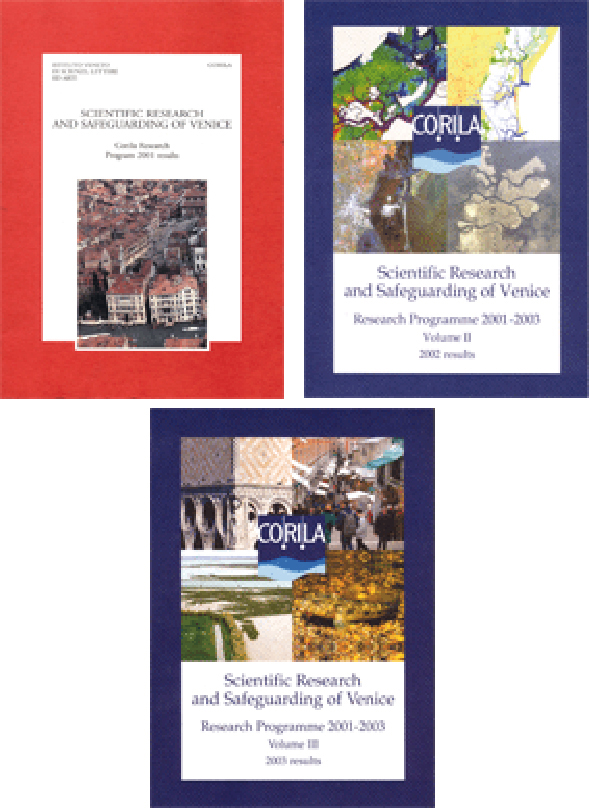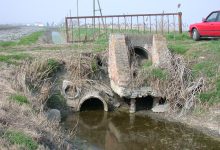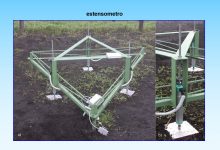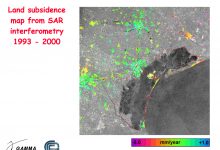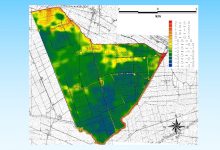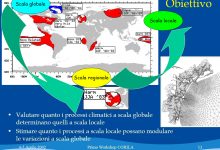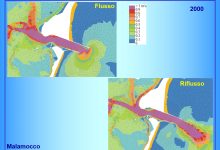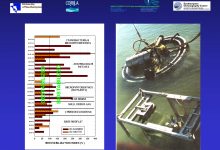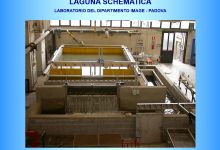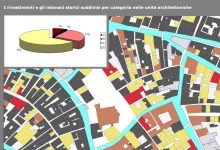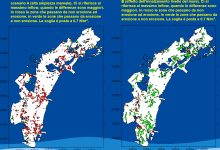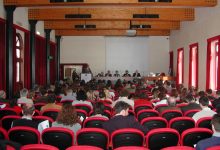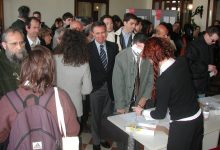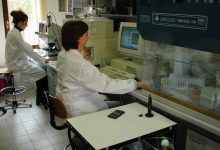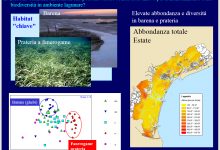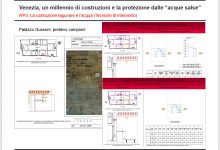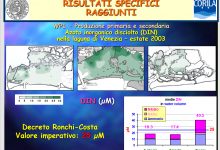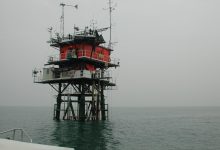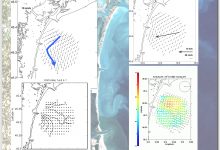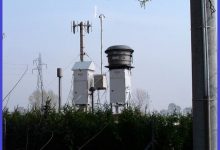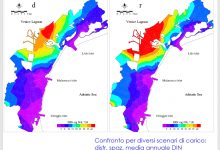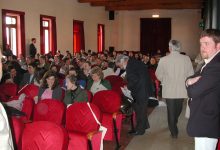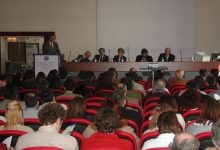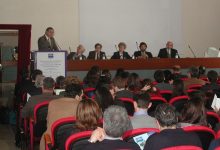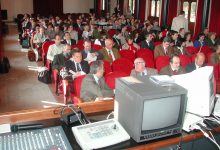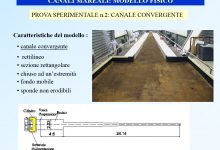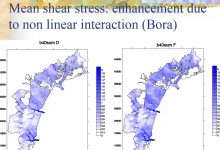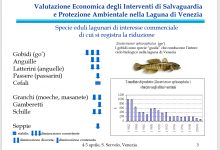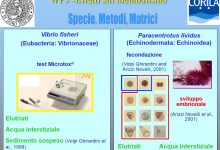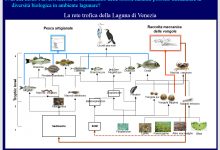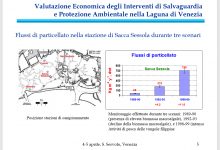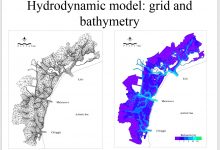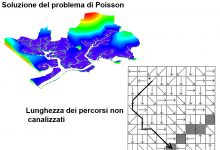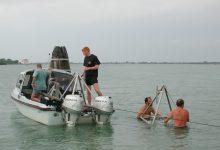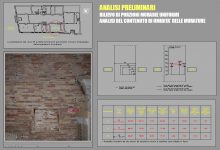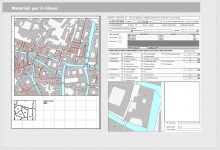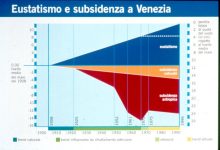Published on 15-03-2022
The CORILA 2001-2003 Research Program is made up of four thematic areas (Economics, Architecture and Cultural Heritage, Environmental Processes, Data Management and Distribution) and ten Research Lines. CORILA’s research is specifically aimed at better understanding the functioning of lagoon systems, both natural and anthropogenic, both from an ecological and socio-economic point of view, connecting different disciplines and filling the gaps in existing knowledge, at least as regards the most urgent needs of the Administrations. . Venice in the first place: the fate of this unique city has always received so much attention, especially after the great floods that occurred in 1966, given the enormous damage to humanity of its possible and definitive loss. The Italian government, national and international organizations, both public and private, have collected and spent large sums of money to “save” the cultural heritage of Venice. Many scientific and technical institutions have contributed to the production of countless reports, studies and plans. Within this framework, it is possible to discover and describe something truly new and significant, as any scientific project proposes to do. Furthermore, the results of the research may be useful to the Public Administrations in charge of managing the lagoon and the city itself. The Call for Proposal led to the selection of the best research projects. The Program involves 70 different institutions, 18 of which are foreign, and over 300 researchers. The scientific community can play an essential role in the Safeguarding of Venice, not only for its unique ability to respond to some particular problems, but also for the broader vision it is able to consider, developing sustainable and knowledge-based scenarios for the future. The CORILA project is different from previous research experiences, as it supports a real coordination of the different lines of research. The CORILA Scientific Committee carried out a careful ongoing evaluation of the research results and the CORILA staff worked constantly together with the research groups, asking the researchers to implement more integration, more data sharing, more open discussions. Of course, the collaboration of each individual researcher is essential and valuable. Indeed, this path is more demanding, but has produced, in the medium and long term, more satisfactions and superior scientific results. Line 3.1. Trend lines of processes with a view to global changes Line 3.2. Hydrodynamics and morphology Line 3.3. Efficiency of the lagoon metabolism. Line 3.4. Chemical contamination. Line 3.5. Quantity and quality of exchanges between the lagoon and the sea. Line 3.6. Biodiversity in the Venice Lagoon. Line 3.7. Forecasting and management models. Line 4.1. The database RIVELA.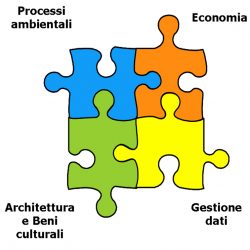
Economics, Architecture and Cultural Heritage, Environmental Processes, Data Management for the Venice Lagoon
Research programme 2001-2003
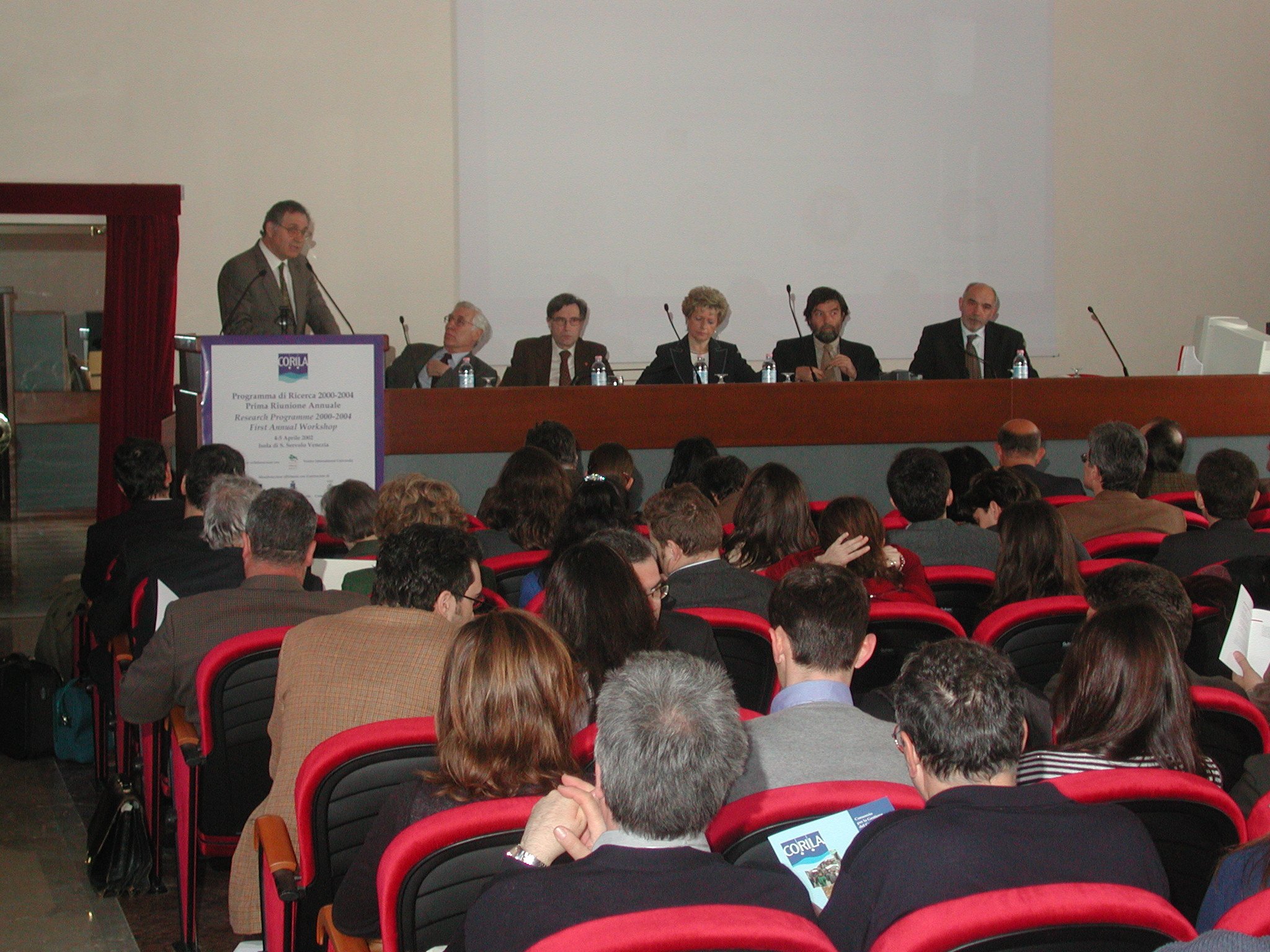
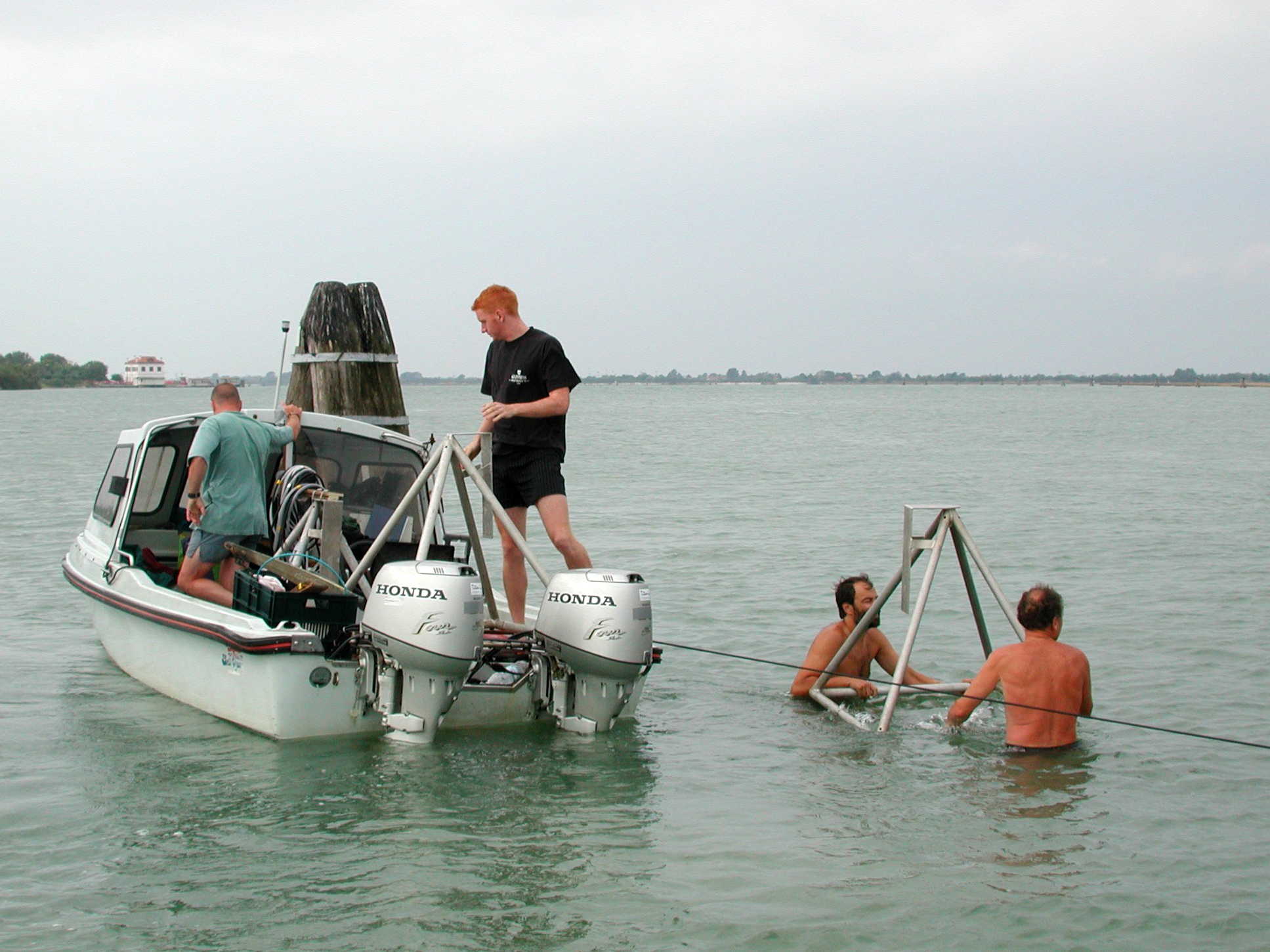
Project: Economic evaluation of environmental safeguard and protection interventions. Scientific director prof. C. Carraro, Ca ‘Foscari University of Venice.
Project 1: Modeling-experimental study of the subsidence of peaty soils and prediction of the altimetric evolution of the South-Eastern area of the drainage basin of the Venice Lagoon in relation to climatic variations. Scientific director prof. G. Gambolati, University of Padua.
Project 2: Analysis of climatic trends induced by global changes: repercussions on the Venetian area. Scientific director Dr. A. Bergamasco, CNR Venice.
Project 1: Hydrodynamics and morphology of the Venice Lagoon. Scientific director Dr. G. Umgiesser, CNR Venice.
Project 2: Analysis and monitoring of mo0rphological processes in the lagoon system. Scientific director prof. G. Di Silvio, University of Padua.
Project: Metabolic processes: productivity, nutrient cycles and effects of contaminants on the biota. Integration between experimental approach and environmental and ecological risk modeling. Scientific coordinator A. Marcomini, Ca ‘Foscari University of Venice.
Project: Role of aerosol and secondary pollution on the chemical contamination of the Venice lagoon. Scientific director prof. G. Capodaglio, Ca ‘Foscari University of Venice.
Project: Quantity and quality of exchanges between the lagoon and the sea. Scientific director Dr. A. Mazzoldi, CNR Venice.
Project: The study of biodiversity for a balance between conservation and responsible exploitation in the Venice lagoon. Scientific director prof. D. Mainardi, Ca ‘Foscari University, Venice.
Project: Experimental investigations and modeling of the morphodynamic mechanisms acting in the Venetian lagoon system. Scientific director prof. L. D’Alpaos, University of Padua.
Project: The RIVELA portal, database for research on Venice and the lagoon. Scientific director prof. R. Orsini, Ca ‘Foscari University of Venice. Media



